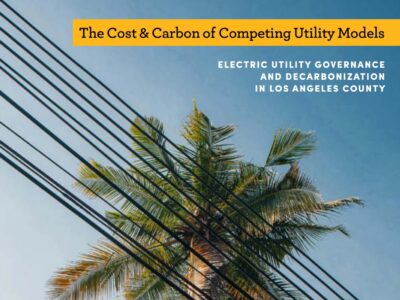A Clash of Visions
The two parties couldn’t disagree more about energy policy.
In every election, there are people who claim that both parties are alike. That’s certainly not true about energy policy this year.The distance between the tickets can be expressed numerically: Kaine has a 91% lifetime score of from the League of Conservation Voters, while Pence’s is 4%. And the differences between the presidential candidates are equally stark.
Here is what Donald Trump has promised for his first 100 days in office in terms of energy:
- “We’re going to rescind all the job-destroying Obama executive actions including the Climate Action Plan and the Waters of the U.S. rule.”
- “I’m going to ask Trans Canada to renew its permit application for the Keystone Pipeline.”
- “We’re going to cancel the Paris Climate Agreement and stop all payments of U.S. tax dollars to U.N. global warming programs.”
While in Congress, Pence took positions consistent with Trump’s views. He voted to open the entire continental shelf to offshore drilling and to bar EPA from regulating greenhouse gases, and against protecting the Arctic National Wildlife Refuge from oil drilling, increasing fuel efficiency for cars, and tax incentives for renewable energy.
Hillary Clinton’s energy position is a sharp contrast. She promises to “reduce greenhouse gas emissions by up to 30 percent in 2025 relative to 2005 levels and put the country on a path to cut emissions more than 80 percent by 2050.” She endorses the Paris Agreement and pledges to “have more than half a billion solar panels installed across the country” by the end of her first term. Interestingly, her webpage links to an article about Pope Francis’s call for environmental stewardship. Tim Kaine, as I discussed in a blog post last Friday, has a generally strong record on climate, though some environmentalists are unhappy about his support for natural gas.
It’s tempting to think of this as a clash between a “California” energy vision based on renewables and a “Texas” vision based on fossil fuels. But that’s not really fair to Texas: Texas is a leader in wind power, which Trump reviles.
It might be better to think of the clash in different terms: between a vision that looks very much like the energy situation of the 1950s, dominated by cheap fossil fuels, and one that envisions a future based on newer ways of thinking. I’m old enough to remember the days when gas was 33 cents a gallon, so I understand the allure of that past. But I doubt that it will be our future.







Reader Comments